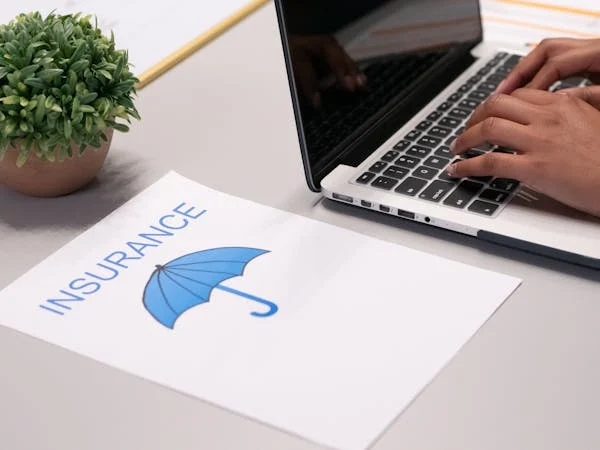Introduction
Running a small business comes with a variety of challenges and uncertainties. From financial risks to unforeseen disasters, the potential for setbacks is high. This is why small business insurance acts as a critical safety net, ensuring that entrepreneurs are protected against financial losses and liabilities.

What is Small Business Insurance?
Small business insurance encompasses various types of coverage designed to protect businesses from risks such as property damage, lawsuits, and employee injuries. Whether you’re running a retail store, a tech startup, or a hospitality business, the right policy ensures that unexpected events don’t derail your operations.
Types of Coverage Essential for Small Businesses
- General Liability Insurance
This covers claims of bodily injury or property damage caused by your business. It’s a must-have for any small business that interacts with clients or customers. - Commercial Property Insurance
Protects physical assets, such as buildings, equipment, and inventory, against risks like fire, theft, or natural disasters. - Workers’ Compensation Insurance
Required in most states, this covers medical expenses and lost wages for employees injured on the job. - Professional Liability Insurance
Essential for service-based businesses, it protects against claims of negligence or errors in service delivery. - Business Interruption Insurance
Covers lost income if your business operations are halted due to unforeseen events like natural disasters.
Why Small Businesses Need Insurance
- Risk Management
Insurance acts as a cornerstone of risk management, allowing businesses to operate confidently even in uncertain conditions. - Legal Compliance
Many states and industries mandate specific types of insurance, making compliance essential to avoid fines or legal action. - Business Continuity
Coverage ensures that a business can recover quickly from crises, minimizing downtime and financial loss. - Protecting Employees
Workers’ compensation policies provide employees with financial security, fostering trust and loyalty.
Factors to Consider When Choosing a Policy
- Coverage Needs
Assess your industry-specific risks and choose a policy that addresses them comprehensively. - Premium Costs
Compare quotes from multiple providers to find affordable premiums without compromising on coverage. - Policy Limits and Deductibles
Understand the maximum payout (coverage limit) and out-of-pocket costs (deductibles) before finalizing a policy. - Reputation of the Insurer
Opt for a reputable insurance provider with a strong claims process and customer service track record.
Common Challenges in Small Business Insurance
- Coverage Gaps
Many businesses underestimate the risks they face, leading to gaps in their insurance coverage. - High Premium Costs
For startups and small businesses, premium costs can be a burden, making it essential to shop wisely. - Complex Claims Process
Navigating the claims process can be time-consuming and stressful for small business owners.
How to Maximize Insurance Benefits
- Regular Policy Reviews
Update your coverage as your business grows or diversifies. - Bundle Policies
Many insurers offer discounts when you bundle multiple types of coverage. - Risk Mitigation
Implement safety protocols and employee training programs to reduce risks and lower premiums.
The Future of Small Business Insurance
As the market evolves, trends like technology-driven risk assessment, tailored insurance policies, and flexible coverage options are emerging. Small businesses should stay informed and adapt to these changes to remain adequately protected.
Conclusion
Small business insurance is more than a legal requirement—it’s a strategic tool for protecting your assets, employees, and future. By understanding your coverage needs and choosing the right policy, you can ensure your business thrives even in the face of adversity.
